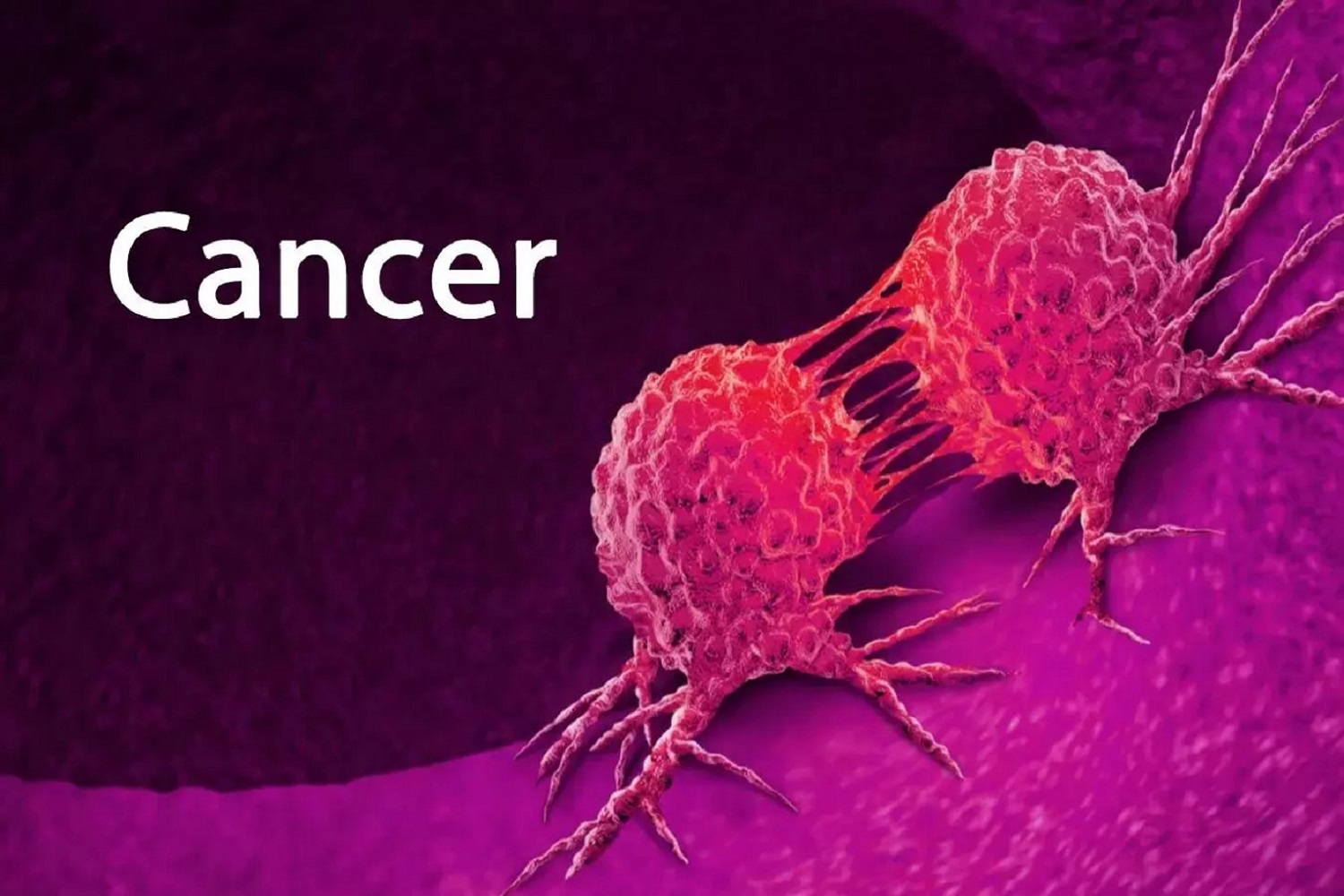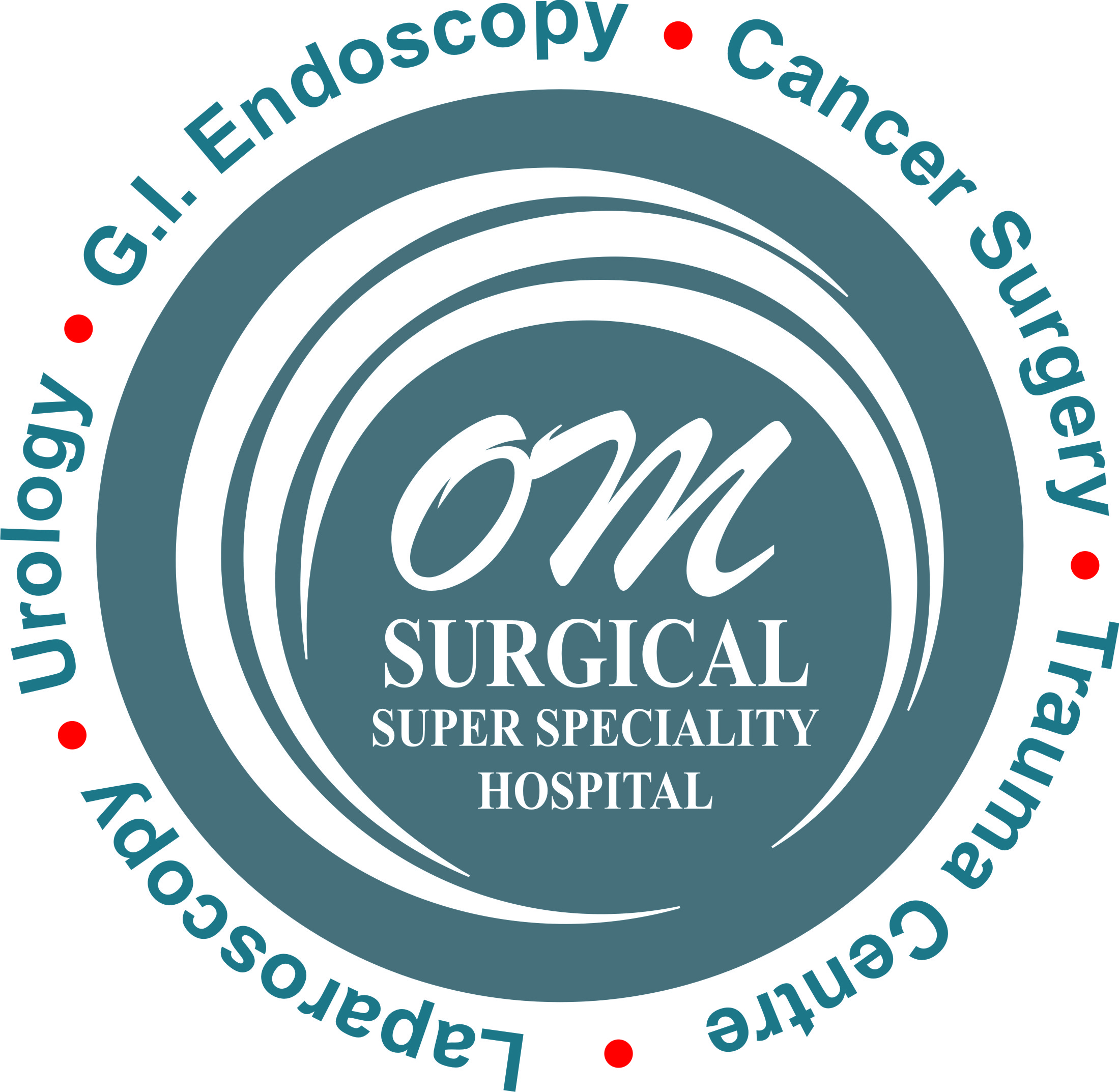-
Call: +91 6351045924
-
Email: osssh@yahoo.com
G I cancer
G I cancer
GI or stomach cancer is mostly related to the growth of cells in the stomach. It is about a growth of cells inside the stomach commonly in the boy part of it. The sag like tissue in the body located right under ribs collects and process food. It is integral in tow own and have significant importance for the overall body immunity, structure and growth.
The gastric cancer has its own difficulties and challenges with early diagnosis. Many people do not show any of early state symptoms and came to radar after a certain level. Being undiagnosed for a long time cause it to spread in other organs and parts of the body. It is one of its major difficulties. Since it is hard to come up with early diagnosis, one need to be aware of it in is beginning

Symptoms
It is not impossible to observe the body changes and grip any changes in the body. In fact, by keeping an eye on the body changes and symptoms, it is possible to come up with a better diagnosis in time. One can suffer from numerous similar stomach issues at times but you need to take every small thing serious at times.
Normally the severe symptoms turn out at the advance stage. Even at advance, stage one should not take these for granted and looks around for the possible medical aid. Following are the symptoms you should not ignore:
- Intense nausea and vomiting
- Frequent heartburn
- Sudden weight loss and loss of appetite
- Permanent bloating before and after meal
- Smaller portion of meals
- Jaundice
- Blood in stools
- Fatigue and tiredness
- Pain in stomach that turns worst after meal
Observing all of these symptoms at once or most of them in combination is an alarming sign for you. There is a possibility the signs may not lead you to gastric cancer but requires attention at times. You need to keep the track of your health.
Diagnosis and tests
Medical professionals have been facing issues with the diagnosis of GI cancer on a larger scale. Since it is a hidden type of cancer that prevails in the body, slowly so things are challenging. In case a patient complaints about the symptoms all of sudden then there are tests available to get deep into the problem.
The diagnostic tests are the only hope in order to find out about the actual state of stomach in such cases. Sometimes, experts ask for the tests when there is so much similarity of symptoms in the patients. Following are the commonly tests and options they use for diagnosis:
- A biopsy
- Imaging tests that includes x-rays, CT scan and MRI sometimes
- Upper gastrointestinal endoscopy
With the help of these latest technology tests, professionals are able to get deep into problem and take out the solutions.
Treatments
To help the patients with the GI or stomach cancer, medical professionals have some specific treatment options available. They suggest these treatments and clinical testing based on the cancer type and its spread. Unfortunately, for the stomach cancer, there are no mild medications or treatments can work. The major reason is late diagnosis and complex clarity of situation. Therefore, following are the common and limited treatment options professionals have:
- Surgery
- Radiation therapy
- Chemotherapy
- Immunotherapy
Other than cancer condition and stage, health and age of the patient matters a lot in the selection of one treatment procedure in such cases. It is essential for the medical professionals to come up with a suitable option that can help patient for a progressive improvement in health status.
Risks and benefits
According to many medical officials, it is hard to get the appropriate treatment of stomach cancer in time. Still, there are numerous success cases where patients survived the situation and lead a life. Although, there are certain risks and after effects involved in the treatment but there are supportive therapies available for the patients.
After treatment, patients have to undergo some of restrictions and limitations. It is because of surgery, medications and other reasons. Their life can never be normal but not in the worst case at all. There can be diet restrictions, care suggestions and life support medications will be the part of their routine.
Recovery
The recovery from GI cancer depends on every individual in his or her own capacity. Some patients come up with quick recovery even after surgery and chemotherapy as well. While others take time even after going through medication. It is all linked with the medical history and overall body tendency to recover.
From diagnosis to treatment and recovery, patient requires medication, rest and emotional support at large. The disease comes across as lethal as possible to not only damages the body organs but also psychological mindset. Professionals do pay attention towards the psychological support of their patients that helps in quick recovery.





